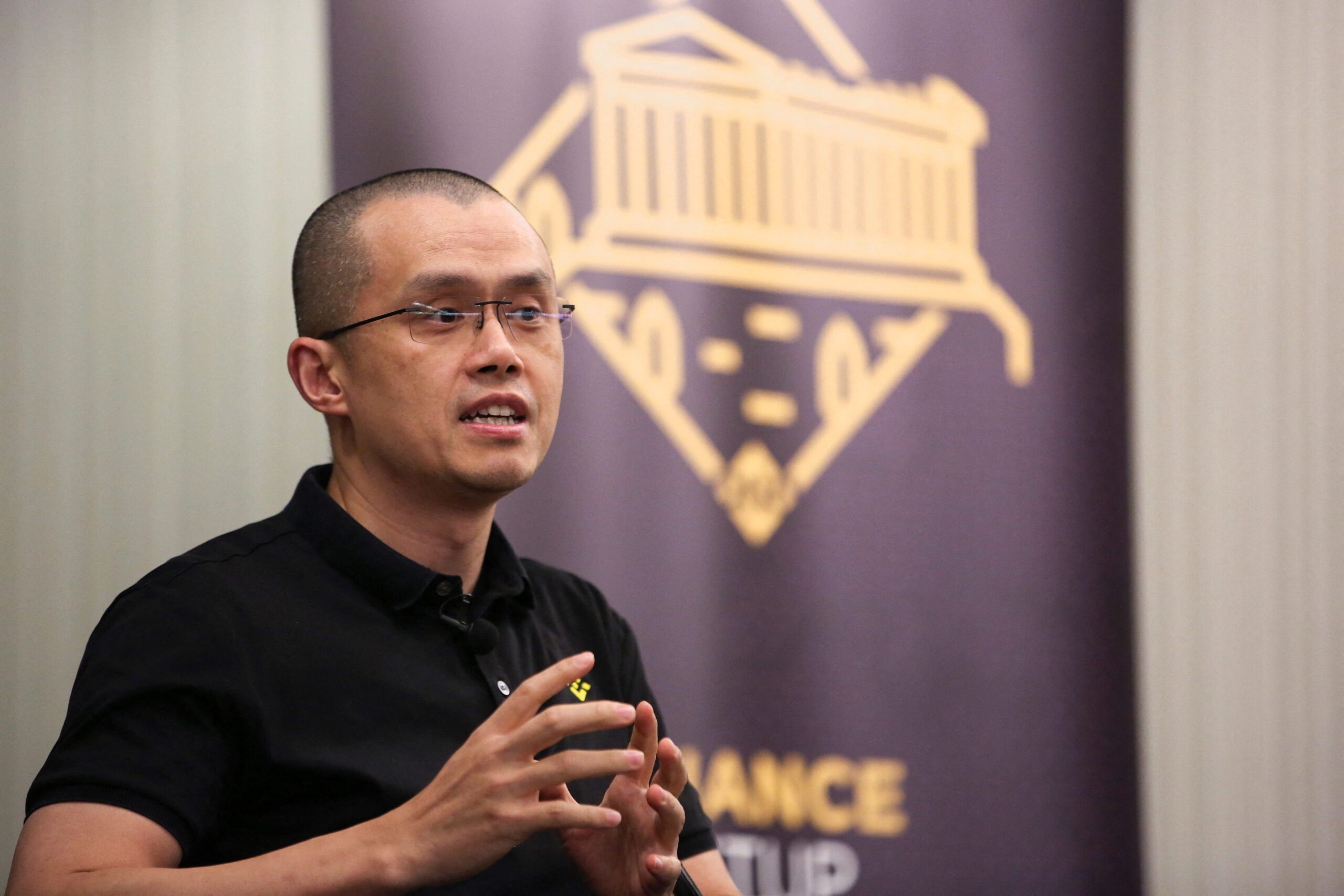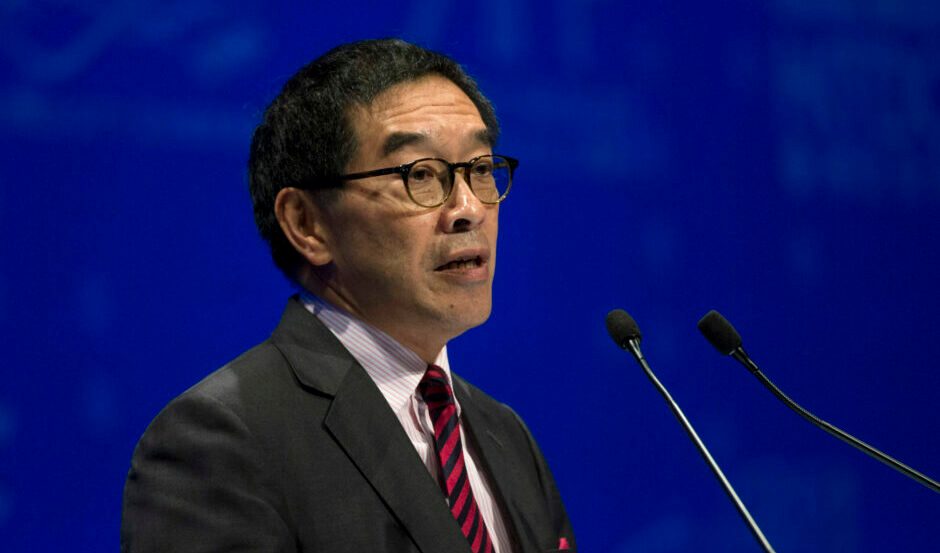HONG KONG, China — Didi Chuxing, the Chinese ride-hailing giant, is set to go public in the United States today, hoping that its willingness to temper early expectations will help it avoid a first-day disappointment for investors. Representatives of the company, which is funded by Softbank Group’s Vision Fund and Tencent Holdings, were taken aback during their two-week premarketing campaign, when they expected to be valued at $100 billion, similar to global rival Uber Technologies. They encountered so significant opposition that the corporation chose to settle on a valuation of up to $67 billion, which is slightly higher than the threshold set in a 2018 fundraiser. According to three people familiar with the transaction, Didi also lowered its fundraising objective to $4 billion, which is less than half of its original target. According to a person familiar with the matter, the company, which will make its public debut on Wednesday, priced the IPO at $14 a share and may sell more shares than originally proposed. According to a corporate source, the company did not enter the investor meetings with a predetermined valuation estimate. Didi’s Hong Kong official declined to comment on the valuation. Didi, whose first public offering is one of the largest by a Chinese business in New York, following Alibaba Holding’s $25 billion financing in 2014, should benefit from a more realistic value. After lowering the amount of its initial public offering on the New York Stock Exchange to about a fourth of what it had hoped for previously and pricing the shares at the lower half of the marketing range, online grocer Dingdong eked out a little gain in its debut on Tuesday. Missfresh, a competitor, has lost a third of its value since the stock sale. It went on the market on Friday. Didi, on the other hand, must demonstrate that it can overcome a number of longer-term strategic problems. While fund managers recognize Didi’s potential, they are concerned that the company, which has a 90 percent market share in China’s ride-hailing market, is still losing money on a net basis. The chances for profit in its worldwide and other companies, such as food delivery, bike sharing, and autonomous driving, are far from guaranteed due to increasing competition from the likes of Uber and Lyft globally and Meituan locally. International and robotaxi expansion are two aspects of the business that suck up resources like a “vacuum cleaner,” according to Le Tu, managing director of Beijing-based Sino Auto Insights. “In some of these overseas countries, incumbents such as Uber, Bolt, and Grab, to name a few, would not willingly relinquish market share, so it might grow extremely expensive,” Tu warned. “Outside of China, their size doesn’t help them much.” Didi intends to use the majority of the profits from its IPO to fund its cash-hungry companies. Almost a third of the funds will be used to improve technology in areas such as electric vehicles and autonomous driving, while the remaining third will be used to expand the company’s international footprint. One participant in the investor meetings noted, “Those factors formed a sticking point in the discussions.” “Our assumption that the new businesses will be a future gold mine for Didi did not convince investors. Other Chinese enterprises and international operations continue to lose money, but they are essential to the ecosystem’s development.” According to the company’s prospectus, expenses will certainly “grow in the future as we develop and launch new goods and technologies [and] expand in existing and new areas.” “These efforts could be more expensive than we anticipate. Failure to raise sales at a rate that keeps up with our investments and other expenses could prohibit us from reaching or maintaining profitability.” According to a statement with the US Securities and Exchange Commission last week, the company offered 288 million American depositary shares for $13 to $14 each. That would put it at a market value of $62 billion to $67 billion, compared to Uber’s $95.7 billion and Lyft’s $20 billion. Uber lost a bruising price fight in China to Didi, and in 2016 sold the business to the Chinese corporation in exchange for a 12.8 percent ownership. A market capitalization of this size would imply a valuation of roughly 9 times platform sales, which is equivalent to market pricing for its two major competitors. Analysts believe that the spike in Uber Eats, the company’s food delivery service, will help Uber, which is also losing money. According to its statement, Didi, which was started in 2012 by Cheng Wei and Jean Liu, operates in 15 countries and has over 493 million yearly active users on its global platform. It had a $1.6 billion net loss the previous year. Didi reported a $1 billion loss from operations in the first three months of this year, but investment returns enabled it generate a net benefit of $837 million. China is still the company’s main source of revenue, and Didi’s China ride-hailing operation has been profitable before interest, taxes, and amortization since 2019. The company’s operating profit in China increased sixfold to 3.6 billion yuan ($557 million) in the first quarter. Didi’s foreign business and other operations, on the other hand, lost 1 billion yuan and 8.1 billion yuan in the first three months of the year, respectively. In the first quarter, foreign markets accounted for only 1.9 percent of overall revenue. Meanwhile, Didi is caught up in China’s regulatory crackdown on technology businesses, which resulted in Alibaba being fined a record 18.2 billion yuan. Didi was fined 1.5 million yuan in March for “inappropriate pricing activities.” According to Reuters, China’s antitrust agency is investigating whether Didi used anticompetitive tactics to drive out smaller competitors, as well as if its pricing method was clear enough. Didi said in its initial public offering application that it was one of more than 30 Chinese internet companies that met with regulators in April and were required to perform internal checks and submit compliance reports. It has already done so, according to Didi. “It’s important noting that there’s always outsized political risk in China, as the Chinese Communist Party can pretty much do whatever it wants to any company, as the Ant Group debacle plainly proved,” said Richard Windsor, an IT expert and founder of Radio Free Mobile. Continue reading
Didi raises $4bn in US IPO but fails to match Uber valuation
2021-06-30T02:02:52-04:00June 30th, 2021|





